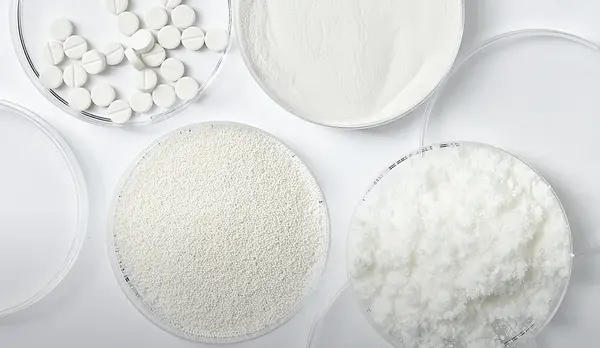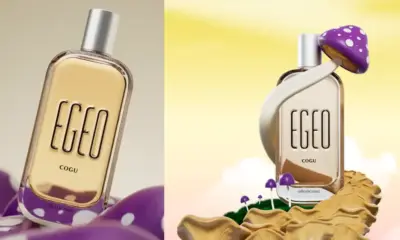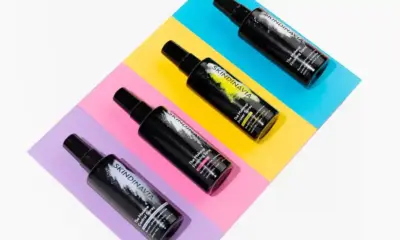Ingredients & Formulation
Nordic Bioproducts Group Boosts Distribution of Plant-Based Cosmetic Ingredients Across Europe

Finnish company Nordic Bioproducts Group (NBG) has expanded its reach in Europe by partnering with southern European distributors to offer its microcrystalline cellulose to cosmetics manufacturers. This collaboration aims to increase the availability of this sustainably sourced ingredient, which NBG markets as a viable alternative to talc and titanium dioxide.
NBG has teamed up with C.Q. Massó, a leading distributor in Spain and Portugal, along with an unnamed Italian distributor, to strengthen its European supply chain. Nordic Bioproducts Group Boosts Distribution of Plant-Based Cosmetic Ingredients Across Europe, as part of its ongoing mission to make its environmentally friendly ingredients more accessible. The company is promoting microcrystalline cellulose as a versatile and safe option for replacing more harmful substances in beauty formulations.
“We’re excited to work with C.Q. Massó and others who share our commitment to advancing a safer and more sustainable beauty industry,” says Olli Kähkönen, CEO of NBG. “Our collaborations go beyond distribution. Together, we’re exploring microcrystalline cellulose’s potential to replace fossil-based and other harmful ingredients in innovative new formulations.”
Microcrystalline cellulose, derived from refined wood pulp, is a fine, whitish powder with numerous applications in personal care products. It serves as a gentle exfoliator, emulsifier, stabilizer, and dispersing agent. Additionally, beauty brands have been incorporating microbeads made from microcrystalline cellulose as a more sustainable alternative to microplastics. The ingredient is also used in food products as a stabilizer and filler, making it a versatile and eco-friendly option in both the beauty and nutrition industries.
Earlier this year, NBG opened a state-of-the-art production facility in Lappeenranta, Finland, which is designed to produce up to 10,000 metric tons of microcrystalline cellulose annually. The company boasts that its production methods use fewer chemicals, water, and electricity compared to traditional processes, further emphasizing its commitment to sustainability. Nordic Bioproducts Group Boosts Distribution of Plant-Based Cosmetic Ingredients Across Europe as part of its efforts to meet the growing demand for more responsible and eco-friendly ingredients.
“Our collaboration with Nordic Bioproducts Group reflects our shared vision for advancing beauty formulations with ingredients that are not only safe and sustainable but also meet the high-performance demands of today’s cosmetics industry. We aim to create a new benchmark for what’s possible in the sector,” says Berta Oncins, department manager of C.Q. Massó.
One of the key motivations behind NBG’s expansion is the desire to replace talc powder and titanium dioxide in cosmetics. Talc, a moisture-absorbing ingredient, has been under scrutiny due to concerns over potential links to ovarian cancer. While some studies have suggested a possible risk, major brands like Johnson & Johnson have already started phasing out talc-based products. NBG’s microcrystalline cellulose offers a safe, natural alternative for products that traditionally used talc.
As for titanium dioxide, while it is widely used in powders and sunscreens as a UV-absorbing agent, concerns over its safety have prompted some companies to seek safer alternatives. Japanese supplier Kao Corporation has developed titanium dioxide capsules that act as UV-scattering agents, replacing chemical UV absorbers in product formulations.
By expanding its presence in southern Europe, Nordic Bioproducts Group Boosts Distribution of Plant-Based Cosmetic Ingredients Across Europe and continues to lead the way in providing safer, more sustainable options for the beauty industry. This strategic move strengthens NBG’s position as a forward-thinking company committed to transforming the beauty tech and cosmetic markets with innovative and eco-friendly ingredients.



















